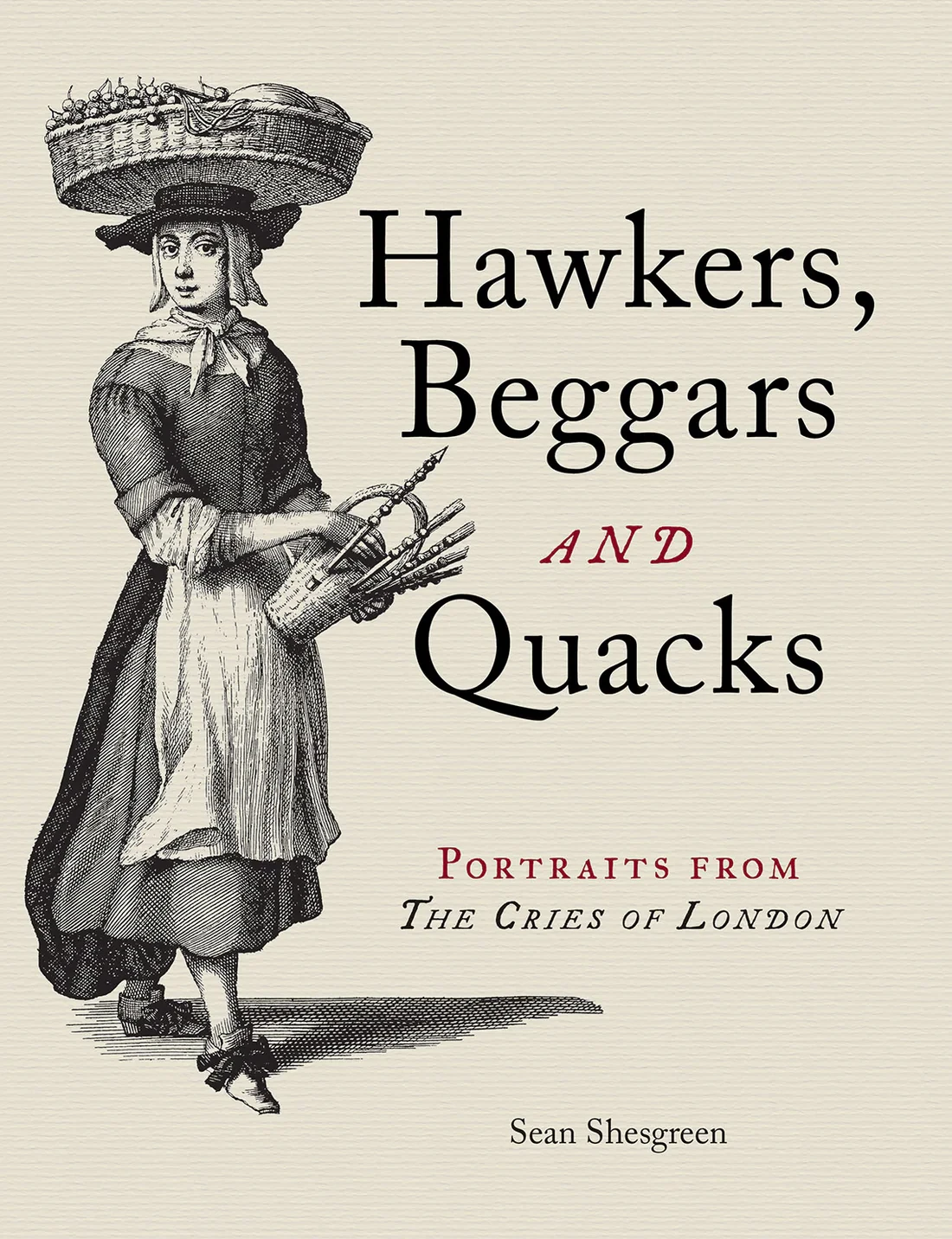
Hawkers, Beggars and Quacks
Smartfox Books Code: PR11401
$112.00 NZD
Approx $67.03 USD
Approx $67.03 USD
Description:
'Buy my Dish of great Eeles, Any Old Iron take money for, Twelve Pence a Peck Oysters,
Buy my fat Chickens, Fair Lemons & Oranges'
Marcellus Laroon's The Cryes of the City of London drawne after the Life presents, in seventy-four striking portraits, a panorama of London's marginal men and women: street vendors, hustlers and petty criminals together with the shouts (or cries) they used to hawk their wares, as they existed at the end of the seventeenth century.
Following an illustrated introduction which sets Laroon's engravings within the tradition of the Cries, each portrait is beautifully reproduced with a commentary that illuminates the individual street-seller and their trade. The commentaries provide a wealth of detail about their dress, the equipment they used to ply their trade, the meat and drink of those they served and their own diets. This book also mines historical archives for contemporary reports about the colourful and often desperate lives of these hawkers.
Drawing on the historic material found in the Burney Collection of English newspapers, this book provides a fascinating insight into the men and women who made their livelihood, legally and illegally, on the streets of England's capital.
'Buy my Dish of great Eeles, Any Old Iron take money for, Twelve Pence a Peck Oysters,
Buy my fat Chickens, Fair Lemons & Oranges'
Marcellus Laroon's The Cryes of the City of London drawne after the Life presents, in seventy-four striking portraits, a panorama of London's marginal men and women: street vendors, hustlers and petty criminals together with the shouts (or cries) they used to hawk their wares, as they existed at the end of the seventeenth century.
Following an illustrated introduction which sets Laroon's engravings within the tradition of the Cries, each portrait is beautifully reproduced with a commentary that illuminates the individual street-seller and their trade. The commentaries provide a wealth of detail about their dress, the equipment they used to ply their trade, the meat and drink of those they served and their own diets. This book also mines historical archives for contemporary reports about the colourful and often desperate lives of these hawkers.
Drawing on the historic material found in the Burney Collection of English newspapers, this book provides a fascinating insight into the men and women who made their livelihood, legally and illegally, on the streets of England's capital.
The product may be provided by a different brand of comparable quality.
The actual product may vary slightly from the image shown.
Shop amazing plants at The Node – a top destination for plant lovers

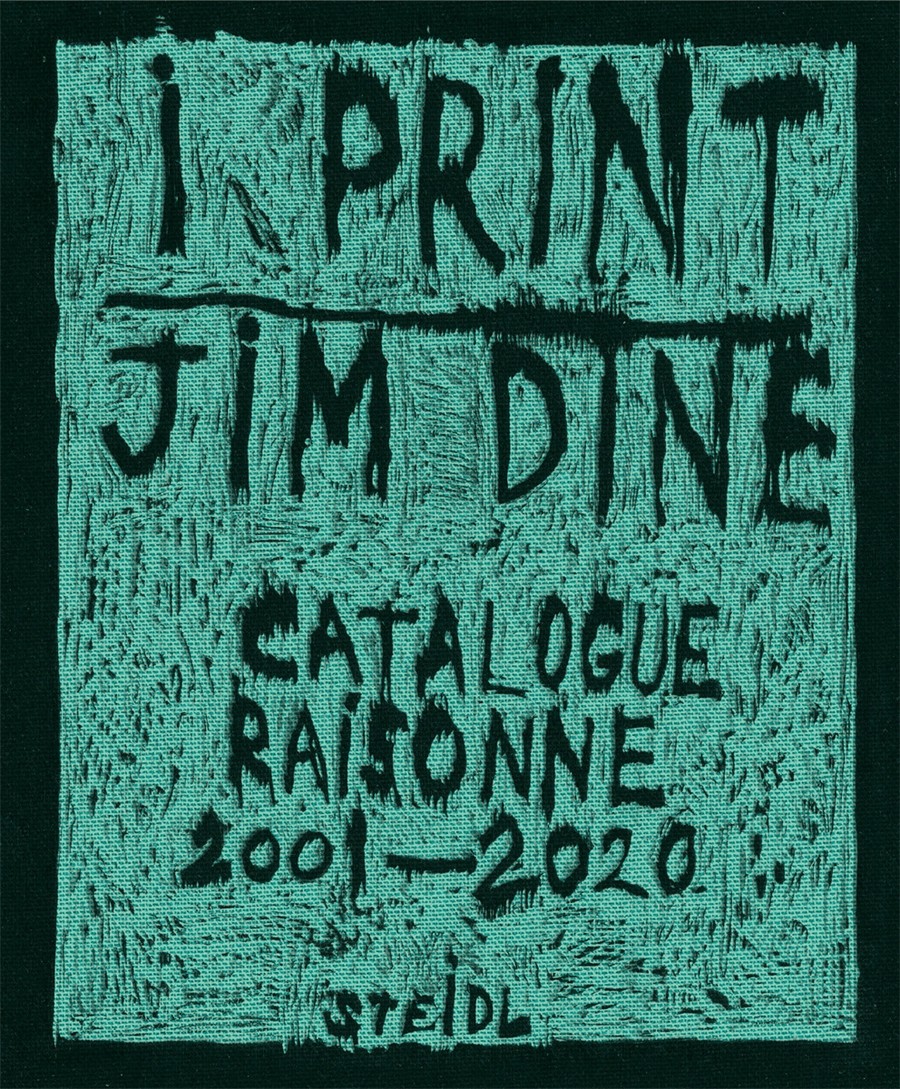
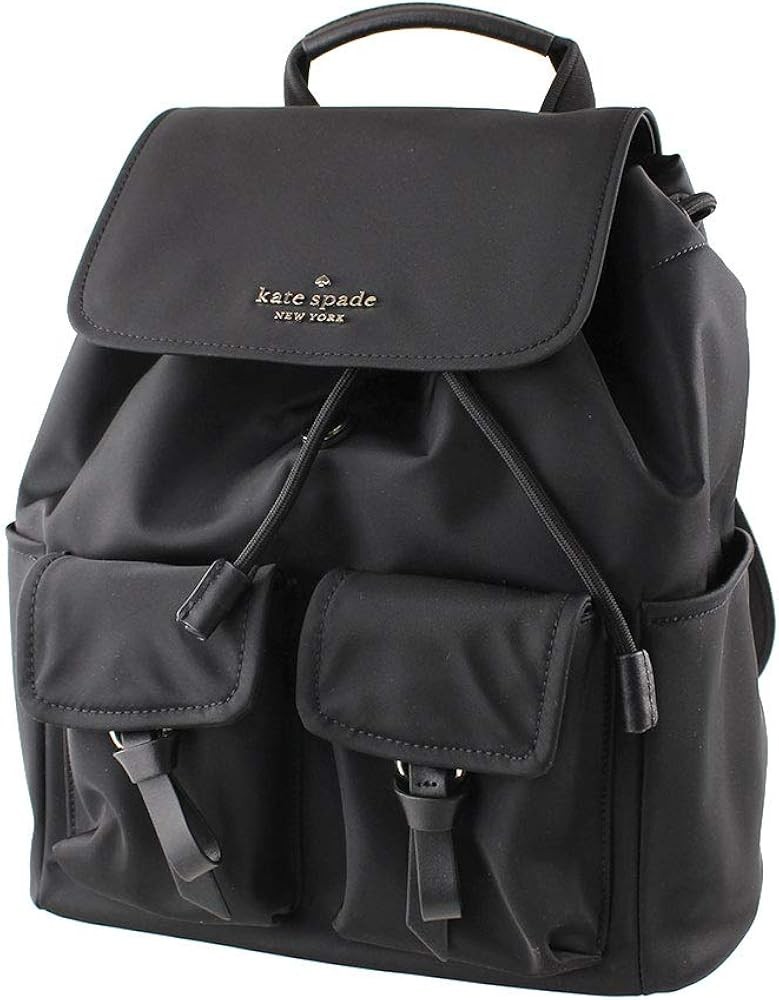
.jpg)
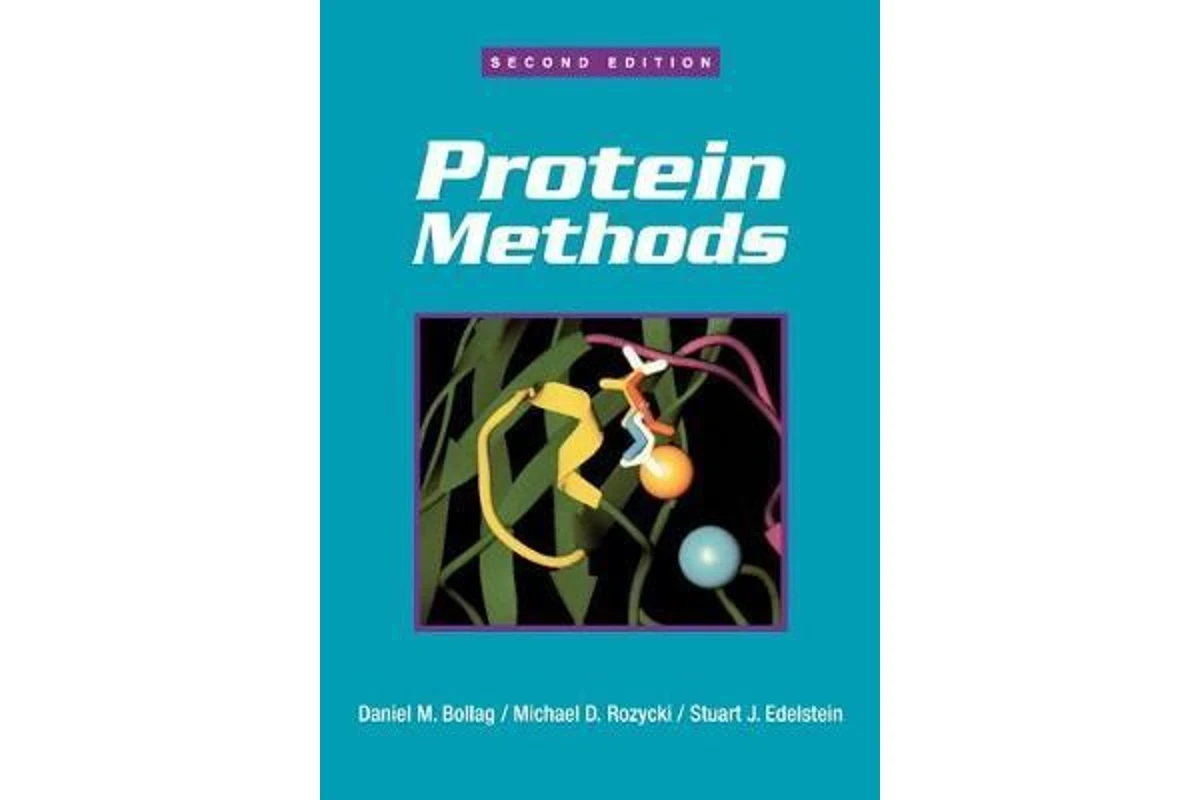


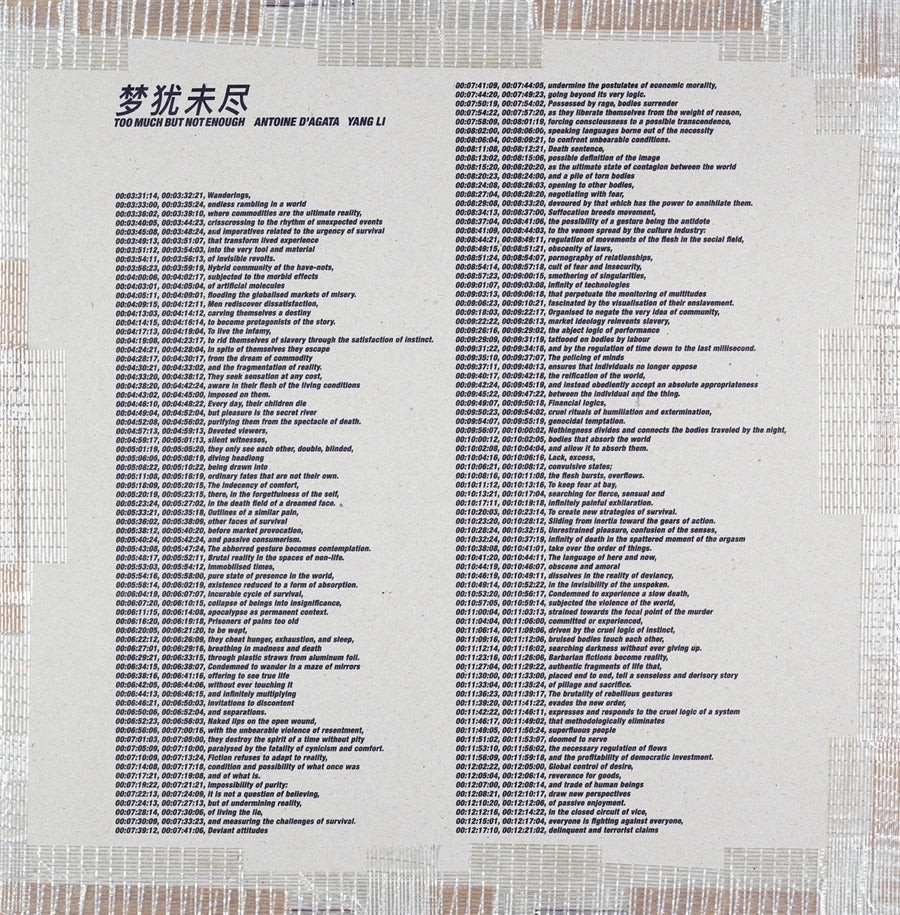




.jpg)









.jpg)





.jpeg)





.jpeg)



.jpeg)








.jpeg)



.jpeg)

.jpeg)

.jpeg)

.jpeg)




.jpeg)
.jpg)

.jpeg)






.jpeg)
.jpeg)




.jpeg)





.jpeg)


.jpeg)

.jpeg)

.jpeg)

.jpeg)







.jpeg)
.jpeg)
.jpeg)





.jpeg)



.jpeg)






.jpg)
.jpeg)









.jpg)


ulva-Logo.jpg)




.jpeg)



.png)















.png)
























